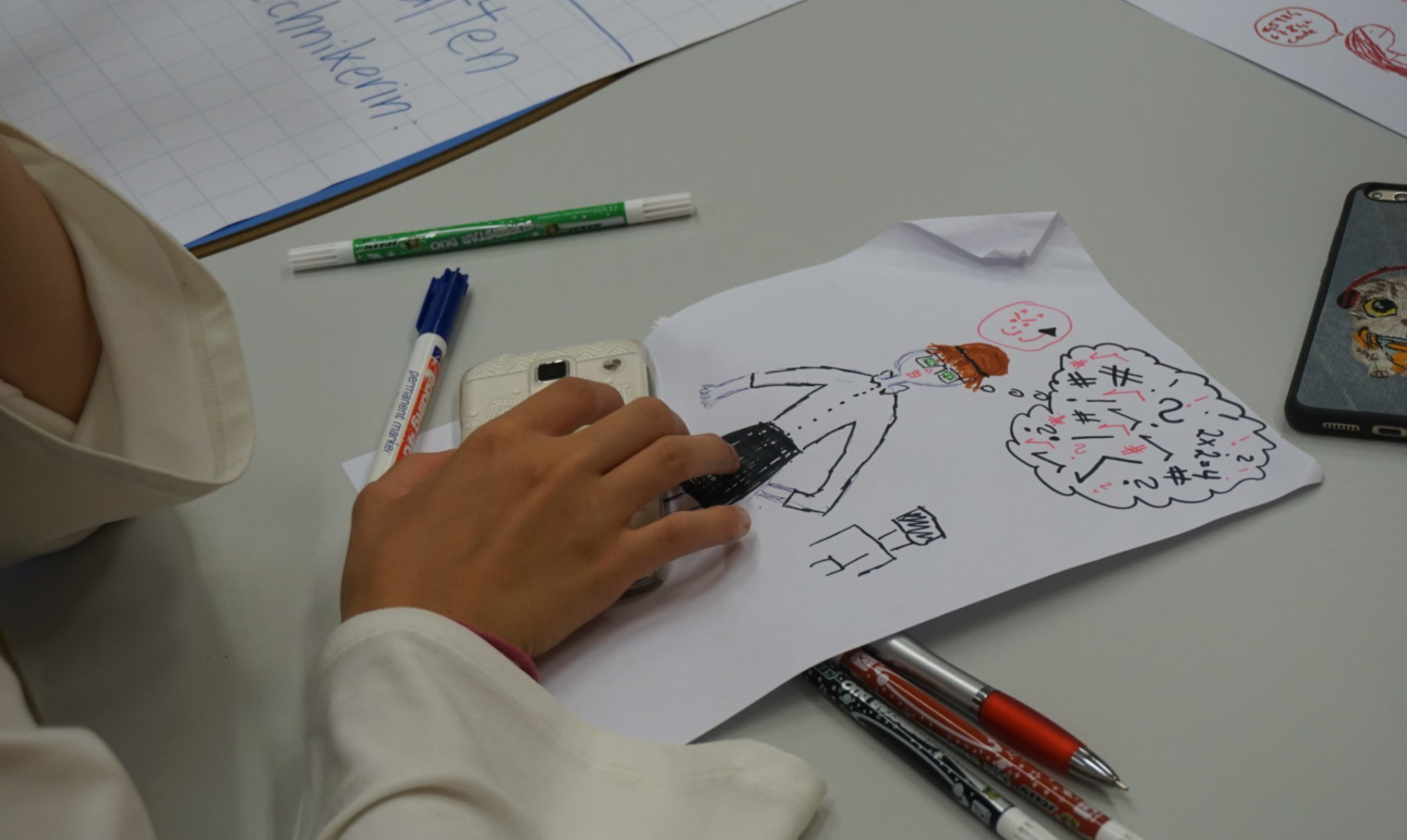Reference Format: BELTRÀN, M.E., URSA, Y., PETRI, A., SCHINDLER, C., SLANY, W., SPIELER B., CABERA-UMPIERREZ, M.F., ARREDONDO, M.T., AND DE LOS RIOS, S. 2015. Inclusive gaming creation by design in formal learning environments: ‘girly-girls’ user group in No One Left Behind. In Design, User Experience, and Usability: Users and Interactions. Los Angeles, USA, Vol. 9187, p. 153-161.
María Eugenia Beltrán, Yolanda Ursa, Anja Petri, Christian Schindler, Wolfgang Slany, Bernadette Spieler, Silvia de los Rios, Maria Fernanda Cabrera- Umpierrez, Maria Teresa Arredondo
Abstract
The education sector in Europe is facing one of the toughest challenges on how to attract, motivate and engage students with content from an academic curriculum and at the same time supporting the formal learning process and providing a learning experience that matches the dynamics of the 21st century. More than ever, Albert Einstein’s words are a reality: “It is the supreme art of the teacher to awaken joy in creative expression and knowledge.” Using games in formal learning situations is an important topic of current research but is still largely underexplored. This paper presents how the “No One Left Behind” project aims at unlocking inclusive gaming creation and experiences, by and for students in day-to-day school life. It outlines the project`s use cases as well as explores cultural identity and gender inclusion when games framed in an educational environment are created by and for young girls (“girly-girls”).
María Eugenia Beltrán, Yolanda Ursa, Anja Petri, Christian Schindler, Wolfgang Slany, Bernadette Spieler, Silvia de los Rios, Maria Fernanda Cabrera- Umpierrez, Maria Teresa Arredondo
INMARK Estudios y Estrategias, Spain
Graz University of Technology
Life Supporting Technologies, Universidad Politecnica de Madrid, Spain
Keywords
Pocket Code, educational application, STEM, empowerment of girls, gender inclusion, teenage girls, programming, mobile learning, GPII, DUXU.
